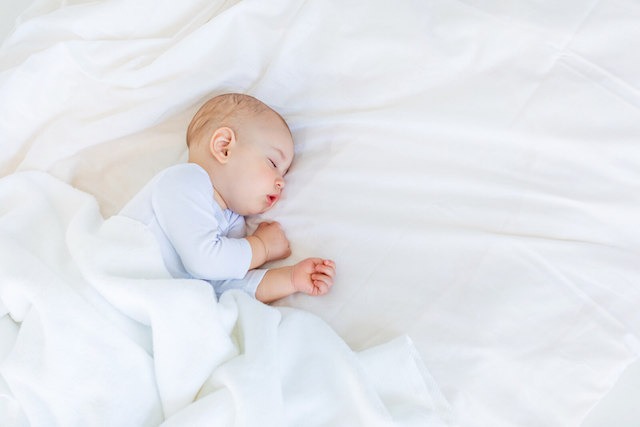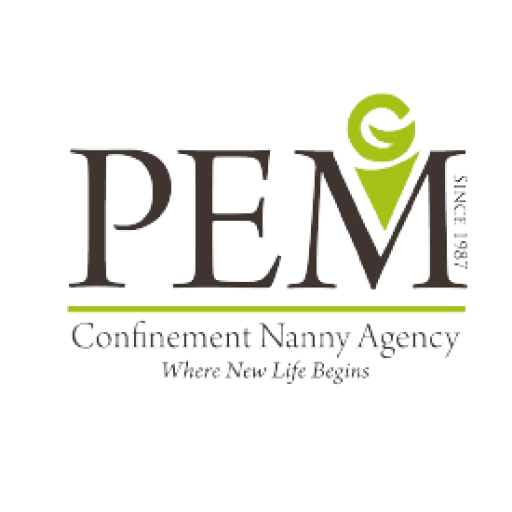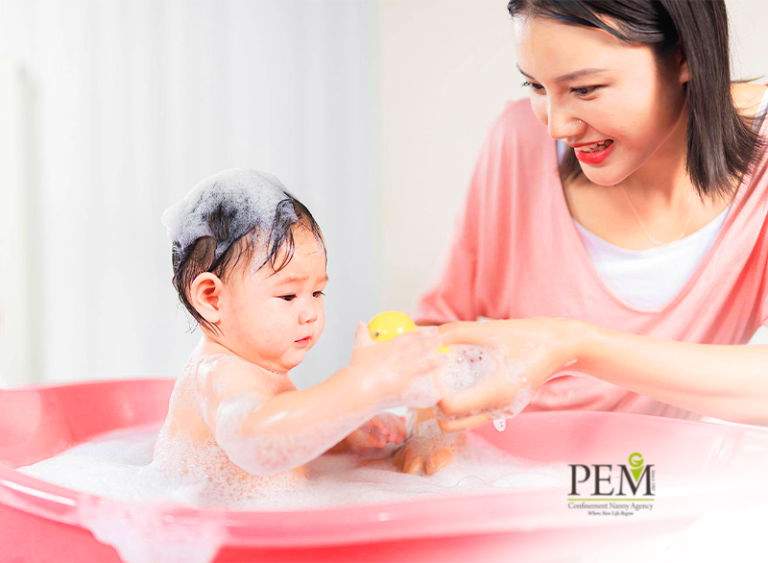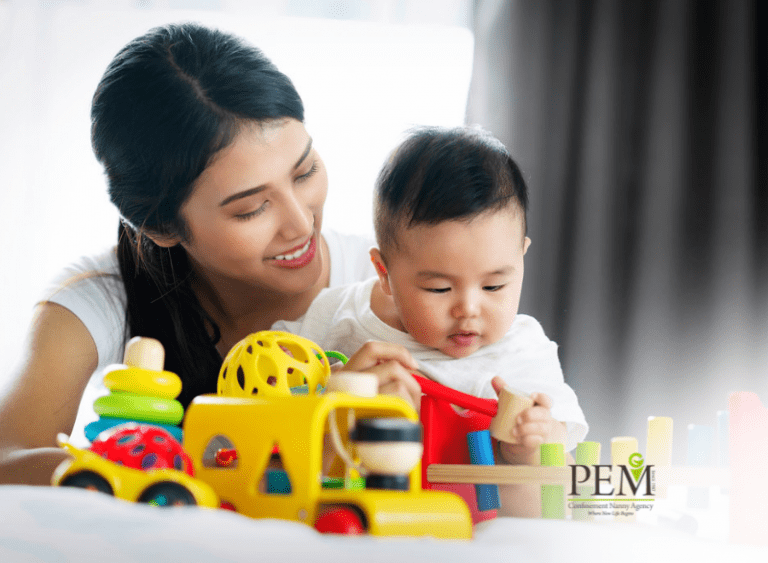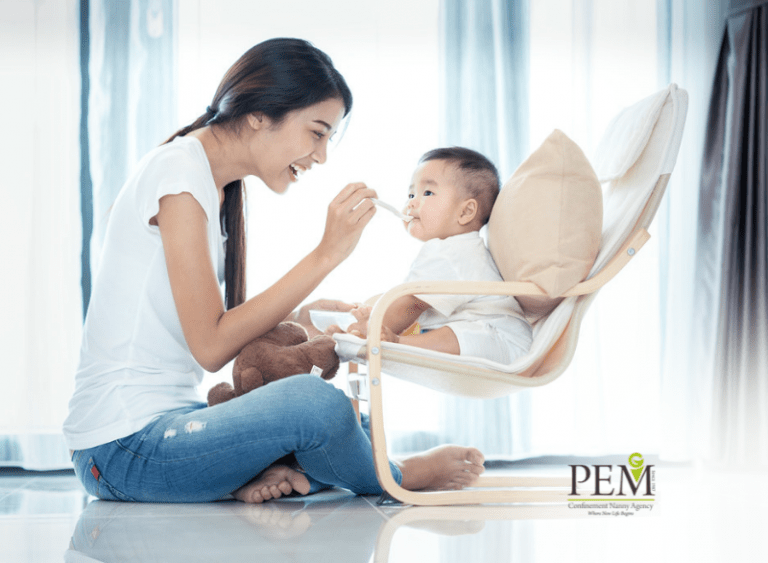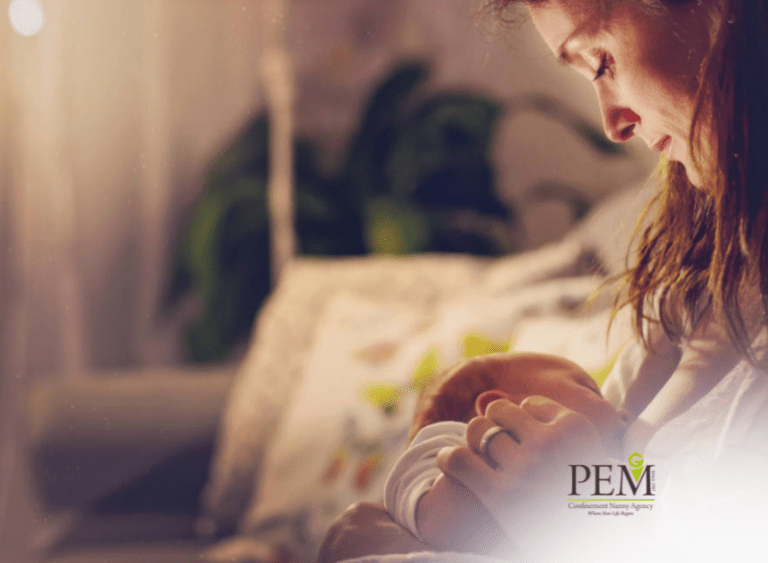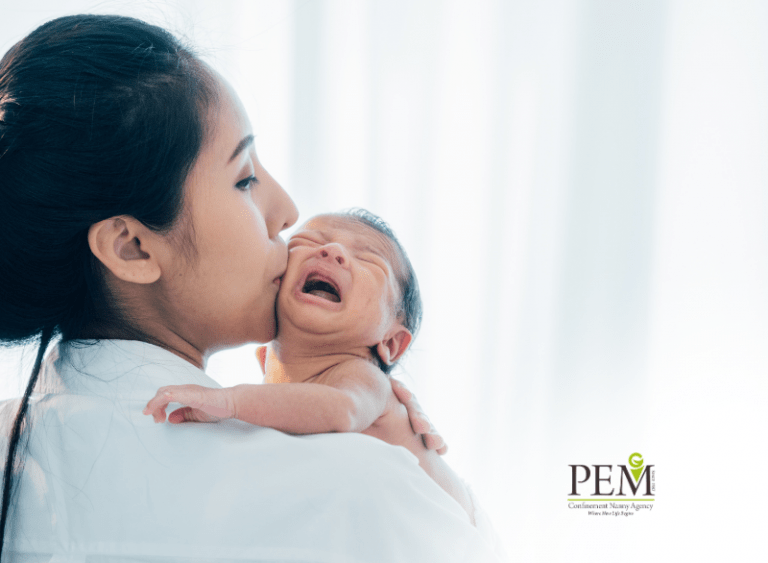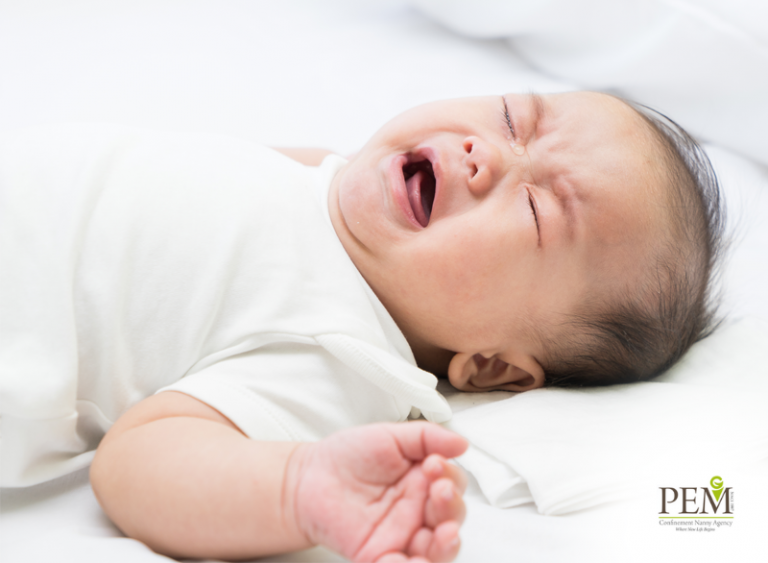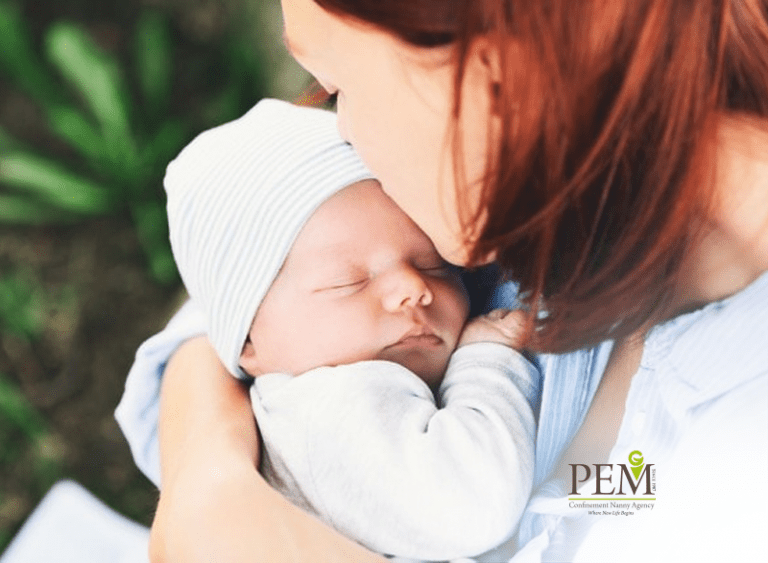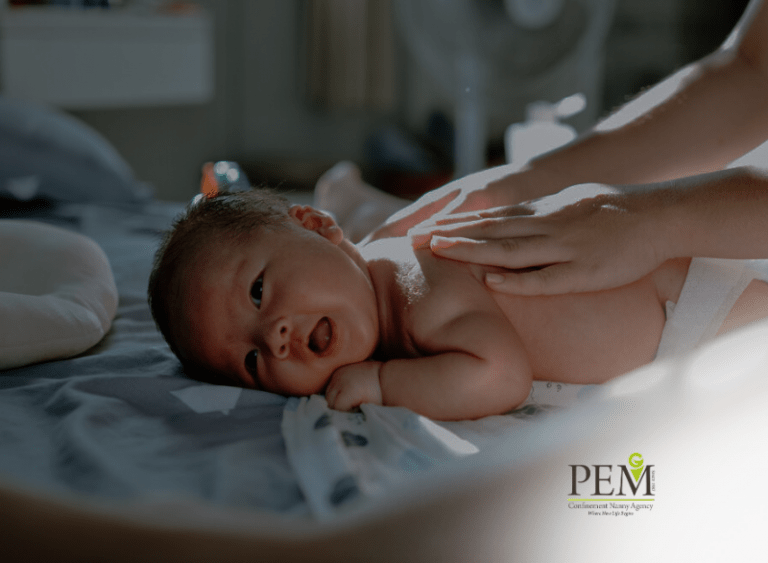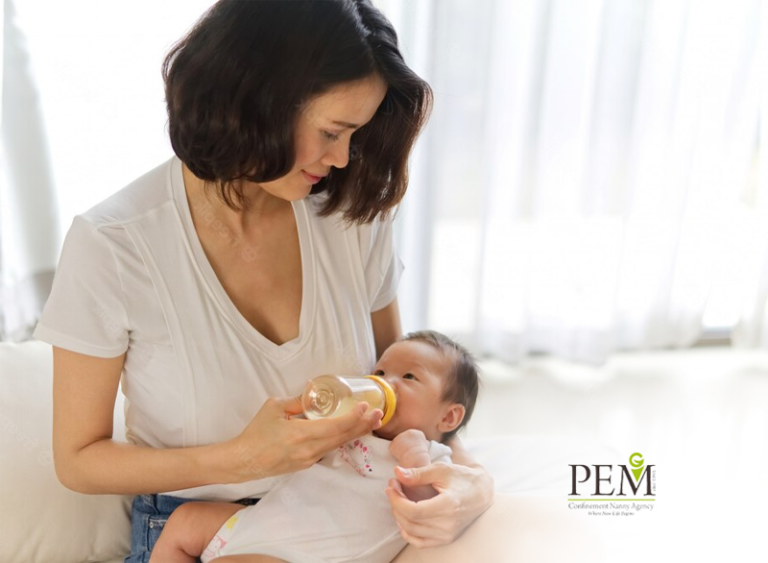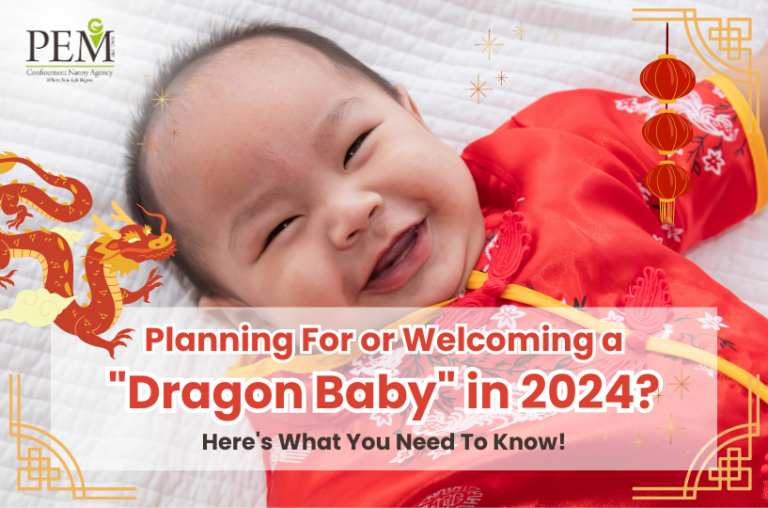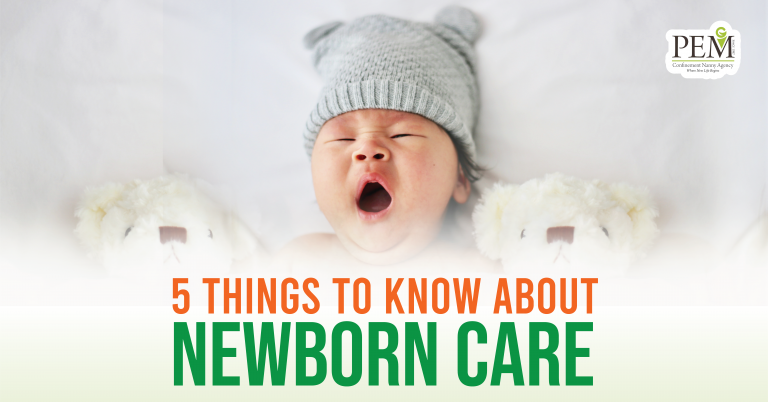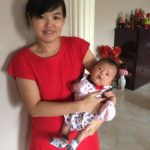1. By agreeing to receive this freebie, applicants authorize, agree and consent for consultants to email or call me to provide information regarding their services.
2. Clients are required to contact us at 6360 1000 one day in advance, between 10 AM to 3 PM to activate the service.
3. No Delivery Area: Our service does not deliver to Tuas and Sentosa areas.
4. Meal cancellation: Client must contact us at 6360 1000 one working day in advance before 3 pm to notify about the cancellation of the meal. All cancelled meals will be replaced and no cash refund is allowed.
5. Delivery time: Lunch will be delivered from 10 am – 1 pm and dinner from 4 – 7 pm.
6. Thermal bag: One bag is allocated to each Client. Please be reminded the thermal bags are to be returned to our delivery personnel on a daily basis. For every thermal bag that is misplaced or damaged, there will be a $10 charge imposed per thermal bag.
7. Thermal Flask: Please be reminded that the thermal flasks are to be returned to our delivery personnel on a daily basis. For every thermal flask that is misplaced or damaged, there will be a $10 charge imposed per thermal flask.
8. Menu is subject to change without prior notice due to unforeseen seasonal factors and market fluctuation of the ingredients.
9. For delivery to CBD areas, a $4 charge will be applied per trip.
10. Service disruption on Eve of Chinese New Year and the first two days of Chinese New Year. The meal will only be delivered upon prior request with the Chinese New Year Surcharge. Otherwise, the meals for the aforementioned 3 days will be brought forward and the meal delivery service will be extended for three more days after the actual period of the Client’s package ends.
11. Only one promotional code or promotional price is applicable at a time and therefore cannot be combined with other offers and is strictly not allowed to be exchanged for cash value.
12. Any promotion code can only be used by each customer once.
13. Applicants must be Singapore citizens or PR or persons working or residing in Singapore with a minimum age of 21.
14. Only mothers/to-be mothers who are currently expecting or nursing will be eligible for the Free ReLacto Signature Trial Meal.
15. Please note that your contact details will be disclosed to RELACTO PTE. LTD.
16. The activation period for consumption of the Free ReLacto Signature Trial Meal is valid only within 21 days to 60 days after your child’s date of birth (DOB) or your Expected Delivery Date (EDD).
17. Applicants will need to attend a 20-minute consultation appointment with RELACTO PTE. LTD.
18. You should not register for this campaign/promotion/offer/giveaway if you do not consent to the foregoing.
19. Each household can only register for one Free ReLacto Signature Trial Meal. Gifts are subject to availability while stocks last.
20. Duplicate, inaccurate, or incomplete registrations will be voided and will not be entertained.
21. The Free ReLacto Signature Trial Meal is non-transferable and not-for-sale. No cash alternatives will be offered.
22. The information you provide in this Booking Form is to enable RELACTO PTE. LTD. and transmitting to any unaffiliated third parties including our third-party service providers and agents, and relevant governmental and/or regulatory authorities, whether in Singapore or abroad, to contact you for possible future marketing-related activities.
23. By the provision of your contact particulars in this form, you consent to be contacted by such means, including by: (a) phone call and text messages at the phone number provided; and (b) email, if your email address has been furnished, for the purposes identified in this form.
24. RELACTO PTE. LTD. and its associated third parties (including sponsors and partners) may collect, retain, use, disclose and transfer your personal data which are necessary for the purpose of providing marketing information and other services to you as well as to administer the relevant campaign/ promotion/offer/giveaway.
25. You may withdraw your consent to the use of your personal data for receiving marketing materials or revoke your interest in participating in any promotion, offer, or giveaway from RELACTO PTE. LTD. at any time by contacting RELACTO PTE. LTD. You will stop receiving marketing, advertising, and promotional information via the selected communication channels after 21 days at most.
26. RELACTO PTE. LTD. reserves the right to change, add, or delete any terms and conditions herein, without any prior notice.
